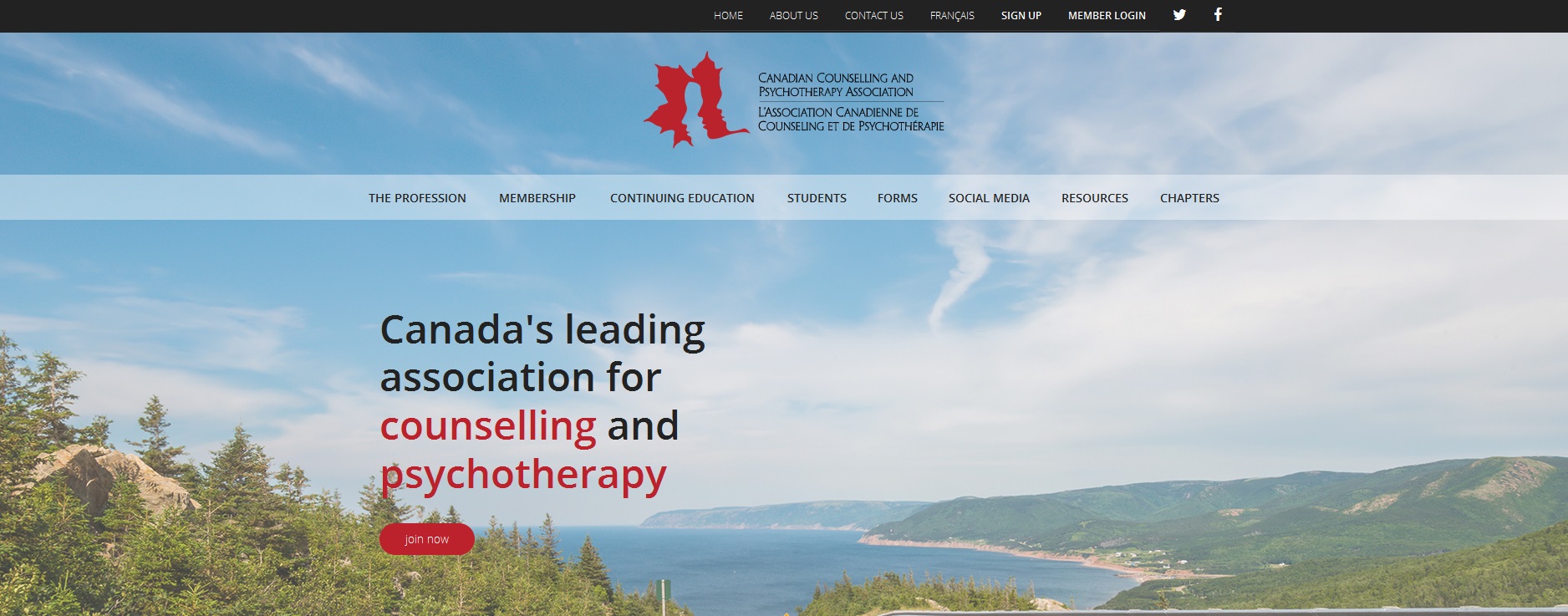 To celebrate CCPA’s 50th Anniversary as a National Association, we are proud to announce that we have launched a brand new website! www.ccpa-accp.ca has a fresh new design, a more organized layout, and a sleek sophisticated feel.
To celebrate CCPA’s 50th Anniversary as a National Association, we are proud to announce that we have launched a brand new website! www.ccpa-accp.ca has a fresh new design, a more organized layout, and a sleek sophisticated feel.
All of the same information will still be readily available:
– Are you thinking about becoming a CCPA member?
– Are you interested in applying for our Canadian Certified Counsellor (CCC) designation? Download our certification requirements & procedures manual
– Access a list of all of our available forms including (but not limited to):
- Proof of Student Status
- Canadian Certified Counsellor (CCC) application
- Canadian Certified Counsellor – Supervisor (CCC-S) application
- Continuing Education Credits (CEC) application
- Awards Nomination
- Publication Order
– Want to join a new chapter? View all of our interest based and regional based chapters
– Looking for advertisement options?
– Get the most up-to-date information regarding our Annual Conference
– Learn more about CCPA’s National Board of Directors and National Office staff
– Do you have general questions regarding membership, mention of membership, certification, regulation across Canada, continuing education, accreditation, or ethics? Visit our FAQ section!
– Do you have specific questions for one of our staff? Contact us directly!
We welcome your feedback, so please feel free to leave your comments below.
*The views expressed by our authors are personal opinions and do not necessarily reflect the views of the CCPA